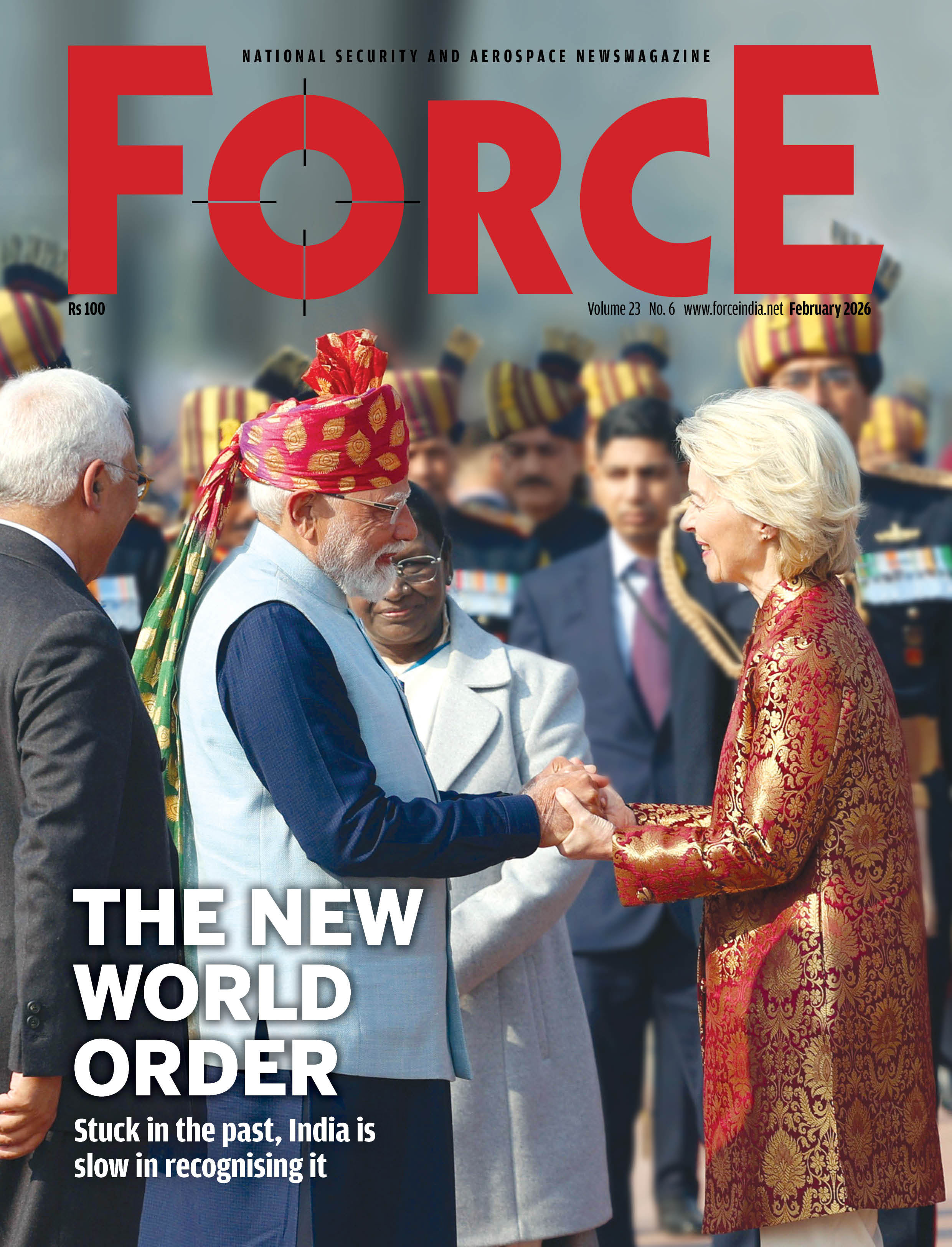Electoral Review
Salman Khurshid with Mritunjay Singh Yadav
After
Akhilesh’s visit to the Siddapeeth Baba Gauri Shankar Mahadev temple in Kannauj
during the campaign in May, BJP workers cleaned the temple with gangajal (holy water) in an attempt to
purify it. The Samajwadi Party leadership immediately reacted, ‘The BJP
believes that backward, Dalit, deprived and exploited people have no right to
worship in a Hindu temple.’ On the defensive, the BJP leaders claimed that
Yadav was an ‘electoral Hindu’ and was, of course, entitled to enter the
temple, but he had been accompanied by Muslims, requiring the purification
ritual. The incident was reminiscent of 2017 when Chief Minister Yogi
Adityanath had ‘purification rituals’ performed at his official residence in
Lucknow after the Samajwadi Party’s defeat. There were no explanations then,
but that was after the election. This time, it happened during the campaign.
The Kannauj incident had a silent but profound impact on the backward-caste voters, not just Yadavs but also the plethora of castes stuck between the BJP’s Hindutva claims and the Samajwadi Party’s underlining of their backward status in its PDA formulation. For the backward castes, and often for the parties that represent t
Subscribe To Force
Fuel Fearless Journalism with Your Yearly Subscription
SUBSCRIBE NOW
We don’t tell you how to do your job…
But we put the environment in which you do your job in perspective, so that when you step out you do so with the complete picture.








 VIDEO
VIDEO